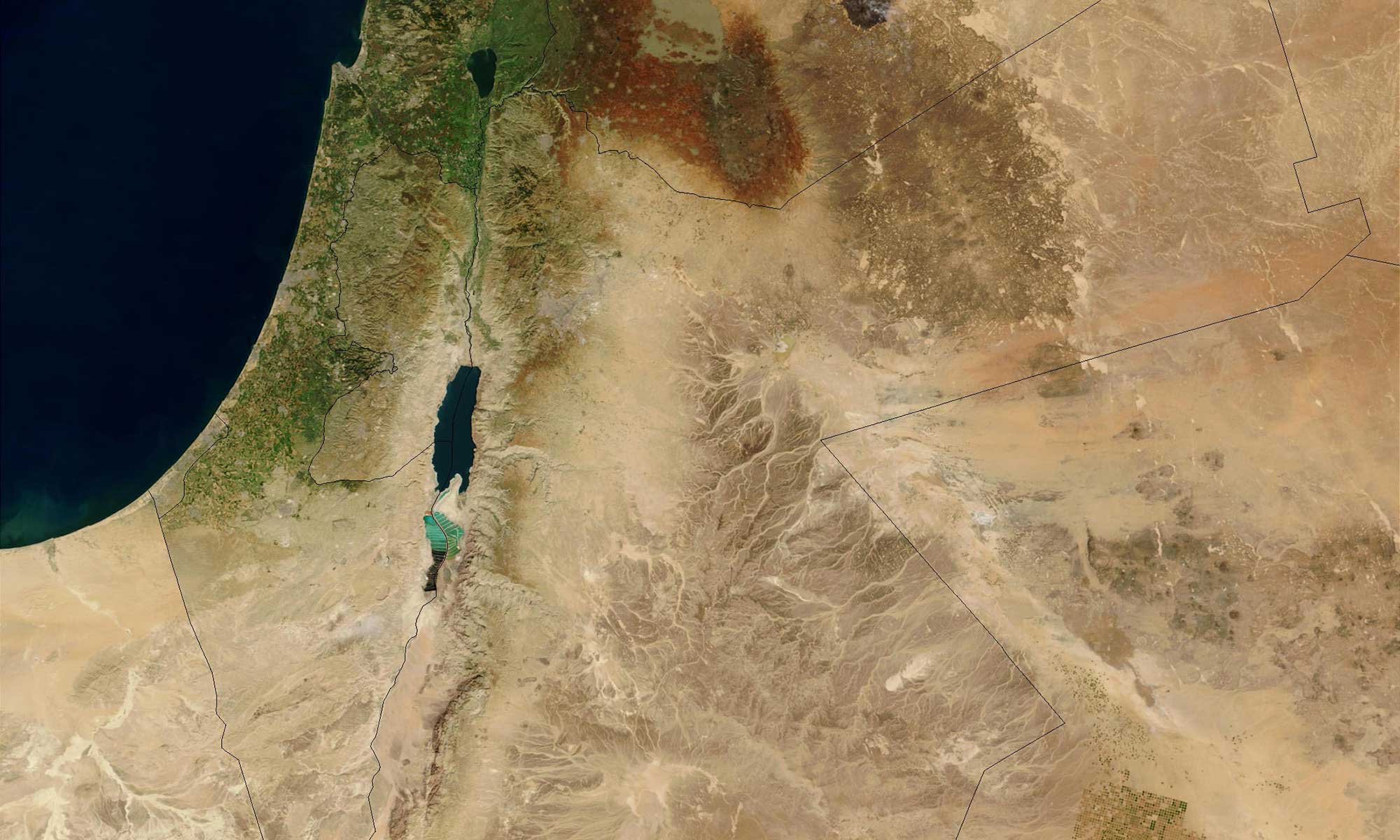
The strategy of The Great March of Return, Palestinians in Gaza demanding their right of return to their villages and towns, curiously parallels the nonviolent resistance methods taught by Mubarak Awad before Israel exiled him in 1988. (Posted two days before Memorial Day in the United States, a day dedicated to participants in violence, honorable people no doubt but perhaps misguided.)

Here’s part of an interview conducted in 2000:
An old man came to me whose land the Israelis had taken. He wanted it back. So I told him to get 300 or 400 people from his village—children, young people, old people—anybody who wanted to come.
The settlers had put a fence around the land. We could take the fence down and just sit there and if the Israeli military wanted to kill us, let them kill us. I told him, on one condition: Not a single person should throw a stone.
If we are all going to be massacred, let it be. And we did that; we took the land back from the settlers. That created an echo with a lot of Palestinians, who started coming to me at the Center instead of the Palestinian Liberation Organization.
Taking fear away from people and replacing it with courage is the essence of nonviolence.
The full interview in Peace Magazine, “Nonviolence in the Middle East: A talk with Mubarak Awad”
Mubarak Awad is the founder of Nonviolence International. Meir Amor, an Israeli peace activist living in Canada, interviewed him.
In May 1988, Prime Minister Yitzhak Shamir ordered Awad arrested and expelled. Officials charged that Awad broke Israeli law by inciting “civil uprising” and helping to write leaflets that advocated civil disobedience that were distributed by the leadership of the First Intifada. No evidence was provided to support the charge and Awad appealed the decision to the Supreme Court. The court ruled that he had forfeited his right to residence status in Israel when he became a U.S. citizen and he was deported in June 1988. (Wikipedia)
MORE INFORMATION
- Basic Alternatives to Violence Project (AVP) Workshops during the Great March of Return (May 8 – 13, 2018)
- Gaza’s Hamas embraces ‘non-violence’—opportunism or shift? by Fares Akram and Mohammed Daraghmet, April 26, 2018
- The Palestinian Gandhi who still believes non-violence is the answer, by Jeff Stein, July 12, 2014
- See also the work of Gene Sharp, author and researcher about nonviolent resistance.
- Alternatives to Violence Project (AVP) Palestine provides training now during the March of Return, and will more extensively in the fall. I hope to join them to photograph the trainings.
- “Is the right of return possible, or is it just a romantic dream?” by Zeiad Abbas Shamrouch (May 15, 2018)
- Four are killed, as Gaza protesters move tents closer to border, by Ahmad Kabariti, April 21, 2018

